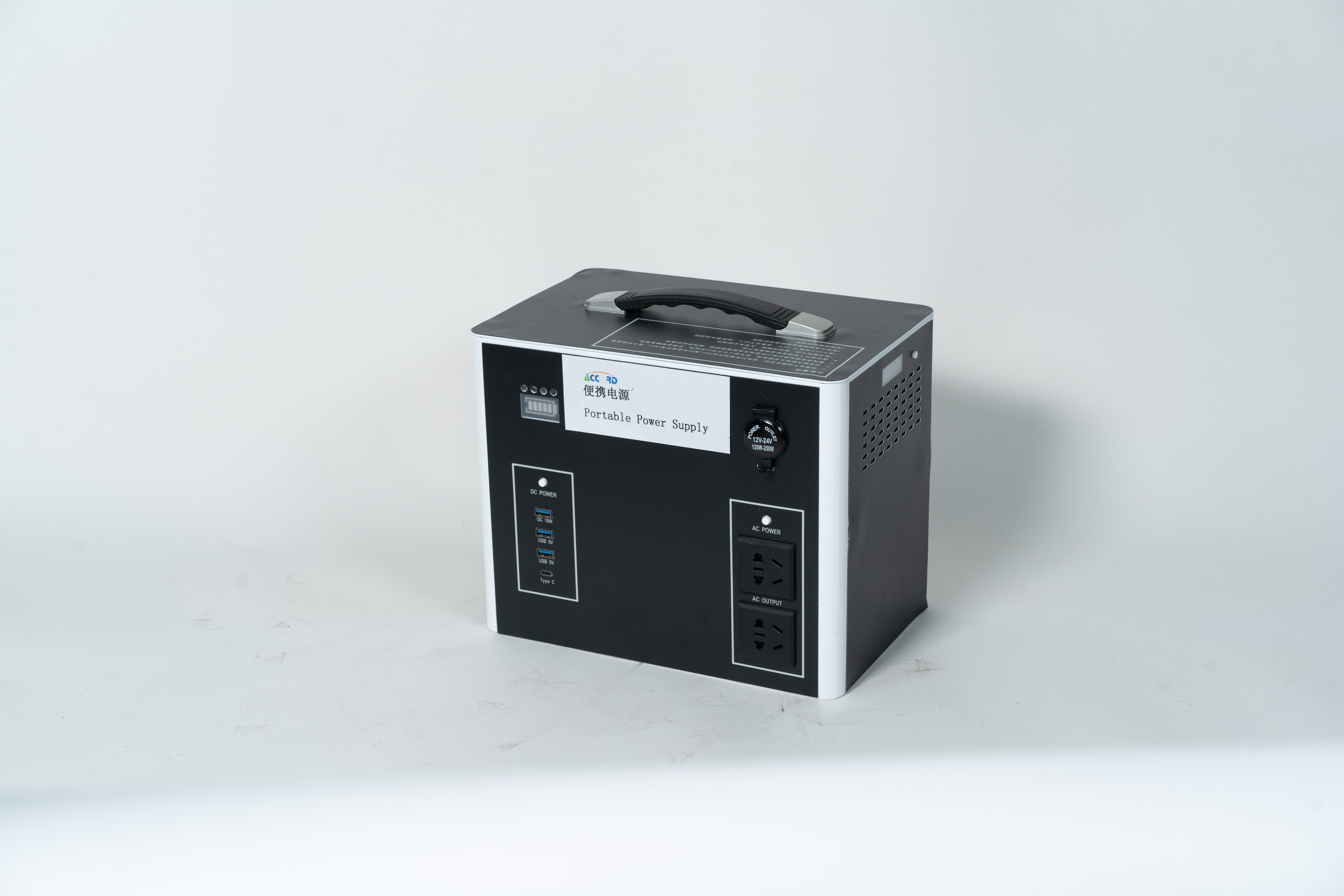In the realm of energy storage, lead-acid batteries have long been a stalwart choice for various applications, particularly in the realm of uninterruptible power supplies (UPS). UPS systems are designed to provide backup power during electrical outages, ensuring the continuity of critical operations in diverse settings such as hospitals, data centers, and industrial facilities. The resilience and reliability of lead-acid batteries have made them a preferred choice for UPS systems, despite the emergence of newer battery technologies.

Lead-acid batteries are electrochemical devices that store energy by converting chemical energy into electrical energy. They consist of a series of cells, each containing a positive plate made of lead dioxide, a negative plate made of spongy lead, and an electrolyte solution of sulfuric acid. When the battery is discharged, a chemical reaction occurs between the plates and the electrolyte, releasing electrons that flow through an external circuit to power a device. The process is reversed when the battery is recharged, restoring its chemical composition and energy capacity.
The popularity of lead-acid batteries in UPS systems stems from their several advantages. Firstly, they are relatively inexpensive compared to some other battery technologies, making them a cost-effective solution for many applications. Secondly, lead-acid batteries have a high energy density, meaning they can store a significant amount of energy per unit volume or weight. This is particularly important in UPS systems, where space and weight considerations can be critical.
Moreover, lead-acid batteries exhibit excellent stability and longevity. With proper maintenance, they can last for several years and provide reliable backup power even in demanding environments. Their robustness and durability make them suitable for use in a wide range of conditions, including high and low temperatures.
However, it’s worth noting that lead-acid batteries also have some limitations. They tend to have a lower energy-to-weight ratio compared to some newer battery technologies, making them heavier for a given energy capacity. Additionally, lead-acid batteries require regular maintenance, such as topping up the electrolyte and cleaning the terminals, to ensure optimal performance. Failure to maintain the batteries can lead to premature failure and reduced performance.
Despite these limitations, lead-acid batteries remain a reliable and cost-effective choice for UPS systems. As technology continues to evolve, however, newer battery technologies such as lithium-ion are gaining popularity. Lithium-ion batteries offer higher energy density, faster charging times, and longer lifetimes, but they also come with higher costs and potential safety concerns.
For the foreseeable future, lead-acid batteries will likely continue to play a significant role in UPS systems. Their resilience, reliability, and cost-effectiveness make them a suitable choice for many applications, especially in those that require long-term, stable backup power. As the demand for UPS systems grows, so too will the importance of lead-acid batteries in ensuring the continuity of critical operations.
In conclusion, lead-acid batteries are a fundamental component of uninterruptible power supplies, providing reliable backup power in diverse settings. While newer battery technologies offer potential advantages, lead-acid batteries remain a preferred choice due to their stability, durability, and cost-effectiveness. As the world becomes increasingly reliant on electrical systems, the role of lead-acid batteries in UPS systems will remain crucial in safeguarding the continuity of critical operations.